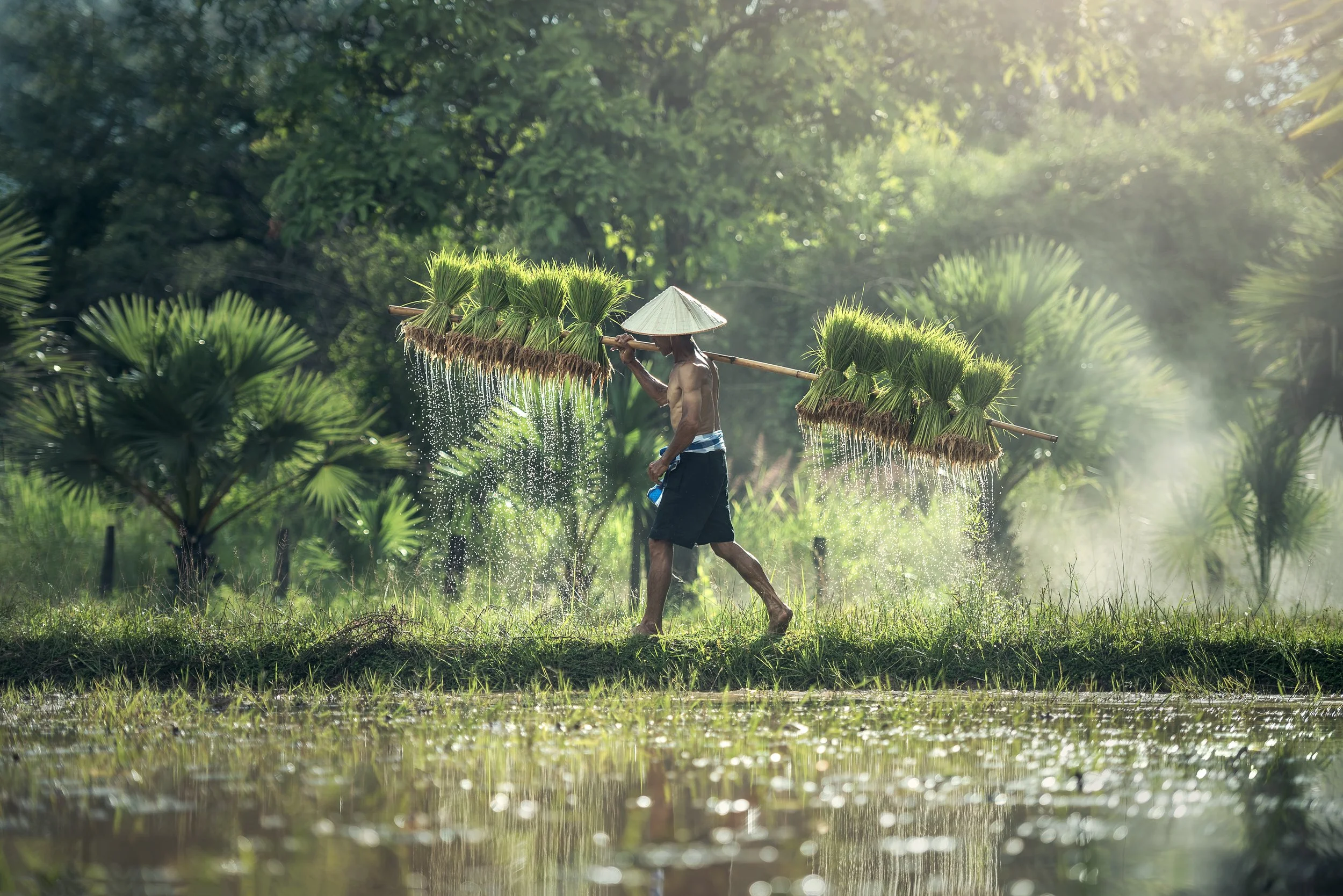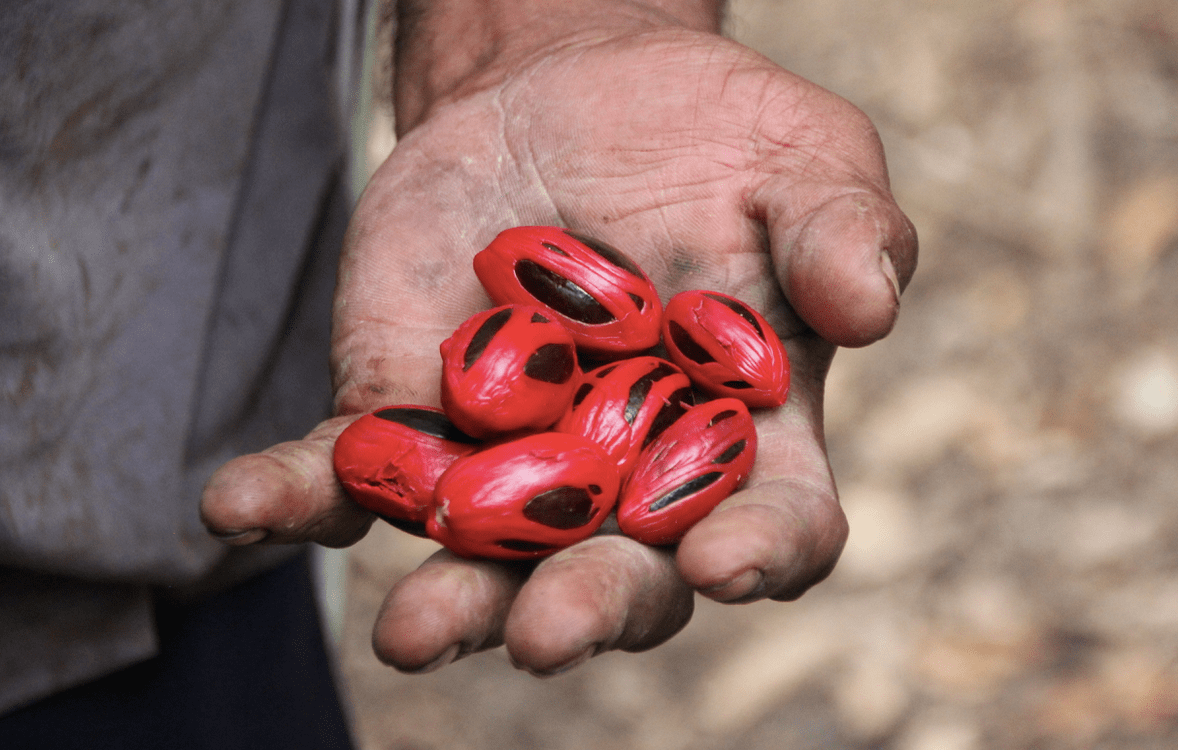How To Help People Exit Poverty
I’ve often struggled to engage with people who talk about ending poverty.
I think it’s because my mind used to jump to two things:
1. Give people money and they won’t be poor any more.
Clearly this is an overly simplistic way of looking at it, and it isn’t even correct.
2. You’d have to change entire political, economic, social and geographic landscapes.
This is way too hard and depressing to think about.
Maybe it’s just me, but it’s probably not.
When faced with a serious, entrenched problem we either resort to crass sweeping statements, or deem the issue impossible to solve.
I now realise it’s possible to help someone exit poverty, in fact help their entire village exit poverty.
It is really tricky, doesn’t happen by accident, and I’ve seen it work first-hand.
First, let’s look at the underlying myths:
“Poor people are lazy”
This one continues to astound me.
There’s a perception that in order to be in poverty, we mustn’t have “the right attitude” or “a good work ethic”.
Maybe that’s the case in a developed country like Australia, but even then there are a tonne of extra factors.
We have this view of “Dole Bludgers”, people who live off welfare and spend their limited funds on cigarettes and pokies.
The developing world is completely different.
You’re not poor because you’re lazy, you’re poor because you start with huge disadvantages.
“Well I have disadvantages too!”
Not like this you don’t.
We’re talking disadvantages like limited education, no access to healthcare, terrible infrastructure, and being completely at the mercy of local markets.
There’s a difference between “I have a challenge to face” and “I am over a barrel”.
Being over a barrel means having no options, no control, no security.
For those in extreme poverty, it’s like being over six different barrels at the same time.
Take Papua New Guinea for example.
Families have an abundance of farm land, and the soil is almost magical – crops grow faster and larger than almost anywhere else.
Nobody starves in PNG, there’s food everywhere.
But there’s also a 6 hour walk to the nearest road, the bus to town costs 15 Kina and you only earn about 400 Kina per year.
So what happens if you injure yourself at work?
What happens if your child needs medical help?
What if your crops are destroyed by pests?
“I could make it work if I was in their shoes”
Ok, that might be true. How would you do it?
Use some of your cash to invest in proper tools and seeds?
Learn from online sources about how to improve yields?
Buy organic pesticides from the shops?
Rent machinery so you can farm efficiently?
Sell your crops to a food manufacturing plant?
None of those are possibilities here.
But they should be possibilities in the future.
Levelling the playing field
Money does not solve poverty, much like how building more houses doesn’t solve homelessness.
Instead, we need to create a system that allows people to thrive, and gives them assurance of good incomes in the future.
So instead of handing out cash, we focus on those systematic improvements we spoke about earlier.
Farmers need to buy tools and seeds, but have no cash up front.
Loans sharks ruin lives, so we instead provide access to microcredit facilities, who charge 10% interest instead of 40%.
We also set up local shops that stock good quality supplies at fair prices.
Farmers can borrow ideas from leading agricultural experts.
We provide them with training, but also set up peer learning groups, so that they can learn from their neighbours as well as universities.
Farmers need access to machinery, but can’t afford to spend thousands.
We provide access to a shared resource, like a harvester or seed planter, that can be rented out by the entire village.
Mechanisation is how one Australian farmer can grow on 100 hectares at once, so why not use the same principles here?
Farmers need a buyer – someone who will pay a fair rate for their crops.
We set up deals with companies so that farmers are assured of a sale.
These guarantees are a huge incentive, prompting farmers to grow as much as they can, thereby earning as much as possible.
I’ve spent the past week in India, meeting with rural farmers who are using a system called DeHaat.
DeHaat gives them all of these amazing things that we take for granted:
· Access to finance
· Access to machinery
· An app that tells farmers when to plant and harvest
· An app that helps farmers buy the right amount of fertilisers, crop protection and seeds
· Connection to a buyer
The DeHaat farmers are excited, this solves so many of their problems, whilst also preserving their dignity.
That’s how you help the poorest people in the world.
Not through donations, but by building a system that lets families lift themselves out of poverty.
You know the old saying about giving a person to fish vs teaching a person to fish?
This is like that, except instead of selling them a fishing rod, help them rent a trawler.














